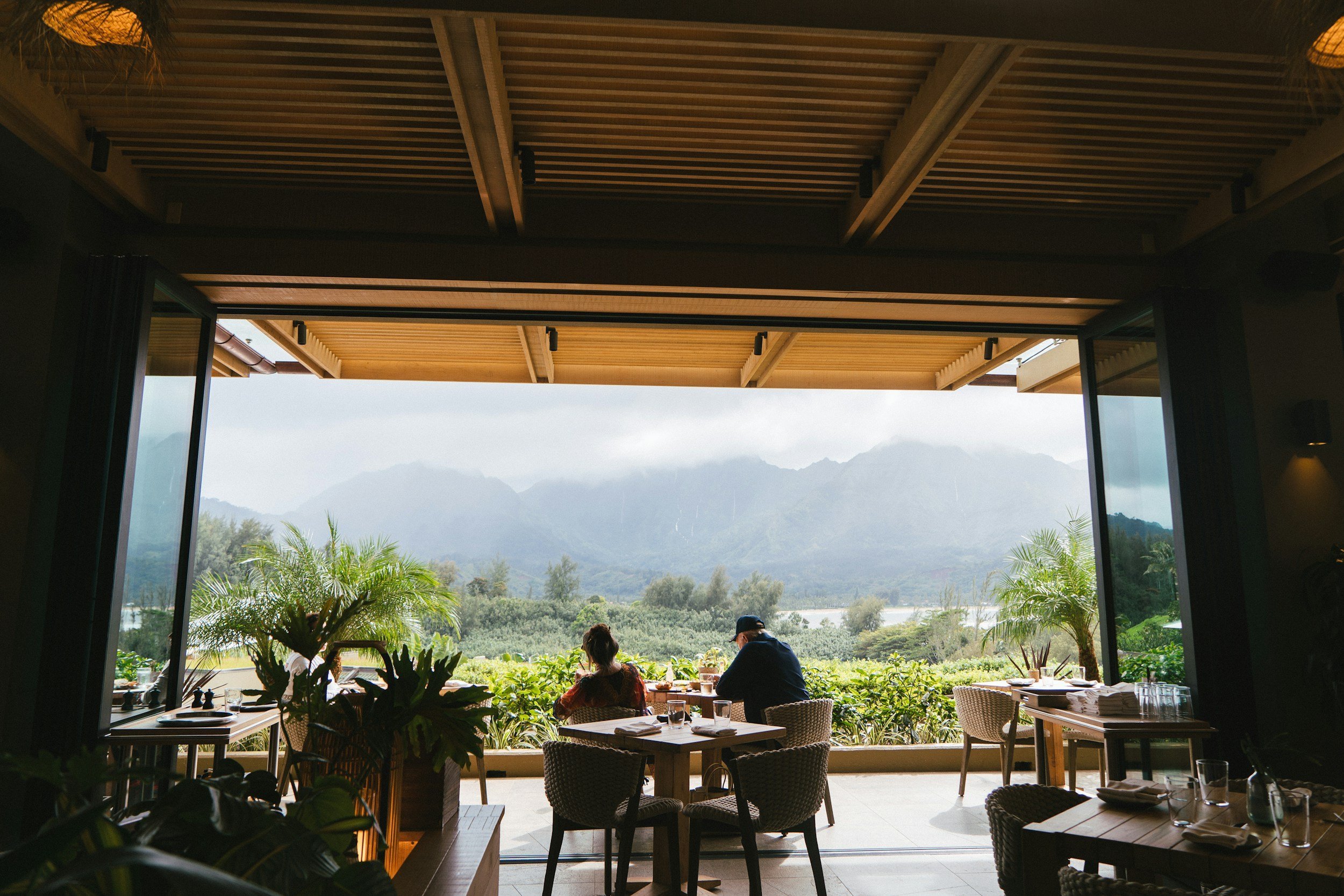2025 Travel Trends: Navigating the Future of Hospitality Marketing
As we step into 2025, the travel and hospitality industry is experiencing transformative shifts. Understanding these hospitality marketing trends is...
3 min read
The Travel Foundry Dec 5, 2024 8:15:00 AM

As we navigate through 2025, the travel and hospitality industry is undergoing a technological renaissance. Innovations in travel and hospitality technology are enhancing operational efficiencies and redefining how brands engage with guests. For travel and hospitality marketing professionals, understanding these advancements is key to staying competitive and crafting future-proof strategies. Here’s a deep dive into the emerging tech trends that will dominate the industry in 2025 and beyond.

Artificial Intelligence (AI) continues to redefine guest engagement by offering hyper-personalized experiences. By analyzing guest data—preferences, behaviors, and interactions—AI enables hotels to create tailored experiences, from dynamically adjusting room settings to suggesting personalized activities based on past stays.
Leading the Charge: Marriott International is setting a new standard in personalization by using AI to adjust room settings based on guest preferences and providing curated activity suggestions. These personalized touches not only increase guest satisfaction but also enhance brand loyalty (Forbes, 2025). For travel marketers, leveraging AI to deliver targeted messaging and personalized content is a game-changing tool for strengthening customer relationships.

Voice search and digital voice-activated devices are no longer a novelty—they’re a necessity for today’s travelers. From booking flights to controlling in-room features, voice assistants like Alexa and Google Assistant are enhancing convenience and streamlining guest experiences.
Industry Trailblazers: Hilton has taken the lead with its Connected Room technology, allowing guests to control everything from lighting to room temperature using simple voice commands. This hands-free experience is a game-changer in guest satisfaction (Skift, 2025). For travel marketers, optimizing for voice search and incorporating voice assistants into the guest experience offers an exciting opportunity to increase visibility and meet evolving customer expectations.
Blockchain is revolutionizing loyalty programs by offering a transparent, secure, and flexible system for earning and redeeming rewards. With blockchain’s decentralized nature, hotels can provide guests with a more reliable and tamper-proof loyalty experience.
Innovative Application: Accor Hotels is harnessing blockchain to improve its loyalty program, allowing guests to track and redeem points with greater flexibility and transparency (Hospitality Net, 2025). This secure and transparent system not only reduces fraud but also enhances customer trust. For marketers, blockchain provides an opportunity to foster deeper loyalty and build trust through more transparent loyalty offerings.
The combination of 5G’s ultra-fast speeds and edge computing’s localized processing is transforming hospitality. From instant mobile check-ins to responsive smart room controls, these technologies power frictionless, real-time guest interactions.
Real-World Impact: InterContinental Hotels Group is adopting 5G to enhance mobile check-ins and integrate smart room connectivity. With 5G, possibilities like real-time bookings, seamless AR/VR experiences, and instant service requests redefine convenience (Hotel Dive, 2025).
For marketers, 5G offers high-performance, mobile-first strategies, enabling dynamic, personalized campaigns delivered in milliseconds for maximum engagement.

Wellness is no longer just a trend—it’s an expectation. As travelers seek more holistic experiences, hotels are integrating telehealth and virtual wellness offerings, giving guests the ability to maintain their health while on the go.
The wellness market is on track to reach $9 trillion by 2028
A New Standard in Wellness: Four Seasons is leading the charge by offering virtual fitness classes and wellness consultations, bringing the spa experience into the guest’s room. The wellness market is on track to reach $9 trillion by 2028, with tech-enabled wellness services becoming a major differentiator for hospitality brands (Hotel Dive, 2025). For marketers, integrating wellness technology into the guest experience is a powerful way to stand out and engage with health-conscious consumers.

Integrated hotel management platforms are becoming the cornerstone of operational efficiency. These systems centralize bookings, guest services, and revenue management, allowing hotels to focus on delivering exceptional experiences while reducing manual processes.
Shaping the Future of Hospitality: Mews, a cloud-based hotel management platform, has transformed how hotels operate, helping them optimize pricing, improve efficiency, and deliver personalized services. These platforms empower data-driven decision-making, making it easier for marketing teams to leverage guest insights and develop more targeted campaigns (Mews, 2025). For marketers, these systems are a goldmine for personalization, allowing them to craft messages based on real-time data.
Sustainability is no longer just a nice-to-have—it’s an expectation. Hotels are adopting green innovations, from energy-efficient lighting to waste-reduction technologies, to reduce their environmental footprint and meet the growing demand from eco-conscious travelers.
Sustainable Innovation: Marriott is at the forefront of sustainability, introducing water-saving fixtures and energy-efficient lighting in several of its hotels to reduce carbon emissions. Sustainability in travel is expected to grow significantly, with eco-conscious travelers seeking brands that align with their environmental values (Marriot, 2025). For marketers, integrating sustainability into your messaging can strengthen brand loyalty and appeal to a growing demographic of green-minded travelers.
The travel and hospitality industry in 2025 is brimming with transformative technologies that are redefining guest experiences and enhancing operational efficiencies. For travel marketers, leveraging AI to deliver targeted messaging and personalized content is a game-changing tool for strengthening customer relationships.
At The Travel Foundry, we specialize in helping travel and hospitality brands leverage these emerging tech trends to create marketing strategies that drive growth. If you’re ready to elevate your brand and stay ahead of the curve, drop us a line or reach out to us today at hello@thetravelfoundry.com.

As we step into 2025, the travel and hospitality industry is experiencing transformative shifts. Understanding these hospitality marketing trends is...

The travel and hospitality landscape is undergoing a seismic shift. Millennials (born 1981–1996) and Gen Z (born 1997–2012) have become dominant...